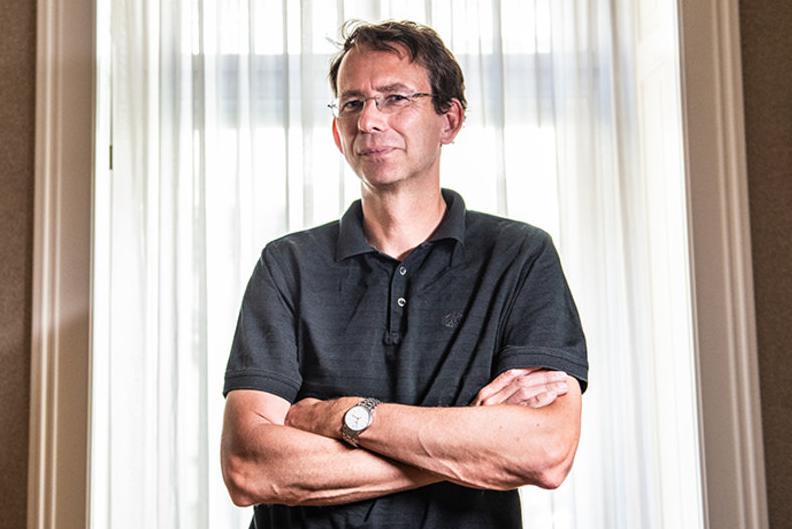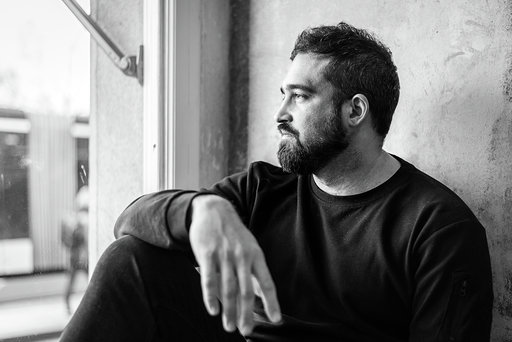 Coordinator
Coordinator
Petr Drulák
drulak@iir.czPetr Drulák is professor of international relations at the West Bohemian University in Pilsen and senior research fellow at the Institute of International Relations in Prague. He has authored a number of scholarly articles and books on international politics and Czech foreign policy, and he regularly writes opinion pieces in the Czech media. From 2014 to 2019 he served as deputy foreign minister and Czech ambassador to France. Drawing on his practical experience he believes that the current mainstream of the European politics is neither ready nor able to deal with the fundamental challenges that Europe’s societies are facing. He has co-founded the reOPEN to contribute to the quest for alternatives.
